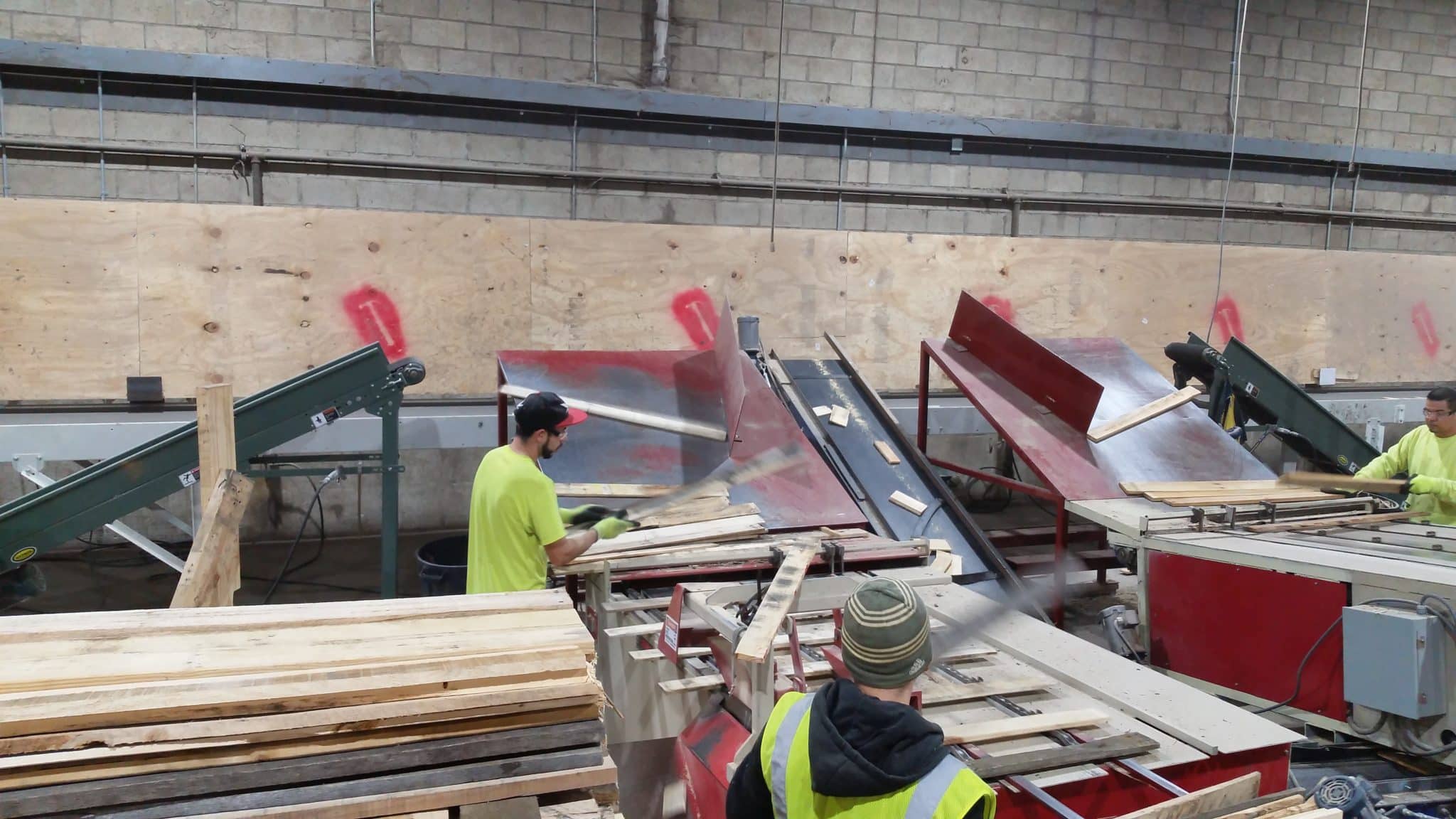As little kids, we have all answered the question that new acquaintances and visiting relatives love to ask: What do you want to be when you grow up? I have asked dozens of kids this question and I have heard a variety of responses. Susan wants to be a doctor because that is what her mom does. Robert wants to be a veterinarian because he loves his pet rabbit. Megan wants to be a famous soccer player because she loves to watch the FIFA world cup! Needless to say, a lot of the same answers pop up. In all my years of asking this question, I am still waiting to hear some little kid look up at me with a big smile and say, “I want to work in the manufacturing industry!”
Manufacturing workers are the unsung heroes of product availability that we experience in America. Even so, we are facing a shortage of workers to fill roles in manufacturing. Americans understand the importance of the manufacturing industry, but there is still a gap between understanding the importance and the willingness to fill those positions. A study conducted by Deloitte and the Manufacturing Institute digs deeper to try and understand this gap.
“Despite this apparent support for manufacturing from the American public, respondents show a much different attitude toward manufacturing as a career path. While over half of the respondents (53 percent) believe the manufacturing industry provides careers that are interesting and rewarding, and a similar percentage (52 percent) believe a career in the manufacturing industry provides a good income relative to other industries, only a little more than one in three parents (37 percent) would encourage their children to pursue a career in manufacturing, mainly due to lack of stability (66 percent) and their belief that manufacturing jobs are the first to be moved offshore (75 percent). As a result, manufacturing ranked fifth out of seven industries as their choice to start a career today, and it ranked last—seventh out of seven industries—as a choice for the all-important generation Y respondents, those between the ages of 19 and 33.”
So, faced with the unsettling truth about American’s perceptions of manufacturing jobs, what can companies do to fill openings?
“Nearly all (94 percent of) surveyed executives agree that internal employee training and development programs are the most effective skilled production worker development strategies.”
Spend time developing your employees, invest in management and training programs and build upon your current employees skills. Use these programs to create a positive association between job seekers and available manufacturing jobs and the ample opportunities that they provide.


